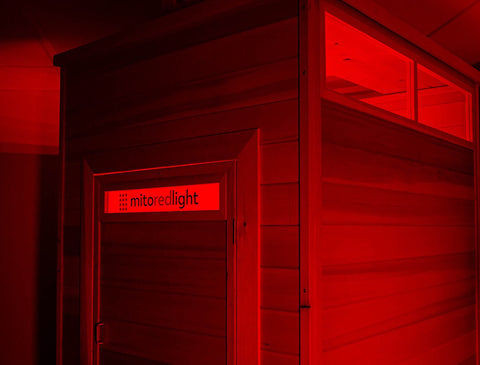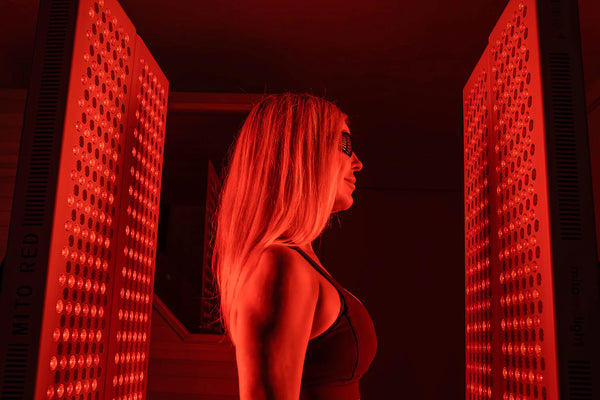Abstract
Photobiomodulation (PBM) describes light-induced photochemical reactions achieved by the application of red or near infrared lasers/LED light with low energy densities. This noninvasive and painless method has been used in some clinical areas but controversial outcomes demand a skeptical look for its promising and potential effects. In this detailed in vitro study, the osteoblast cells were irradiated with 635 and 809 nm diode lasers at energy densities of 0.5, 1, and 2 J/cm2. Cell viability, proliferation, bone formation, and osteoblast differentiation were evaluated by methylthiazole tetrazolium (MTT) assay, Alamar Blue assay, acridine orange/propidium iodide staining, alkaline phosphatase (ALP) activity, Alizarin red staining, and reverse-transcription polymerase chain reaction (RT-PCR) to test the expression of collagen type I, ALPL, and osteocalcin. The results indicate that studied energy doses have a transient effect (48 h after laser irradiation) on the osteoblast viability and proliferation. Similarly, laser irradiation did not appear to have any effect on ALP activity. These results were confirmed by RT-PCR analysis of osteoblast markers. This study suggests that several irradiation parameters and variations in the methods should be clearly established in the laboratory before laser treatment becomes a postulated application for bone tissue regeneration in clinical level.
Keywords: Low-level laser therapy (LLLT); Osteoblasts; Photobiomodulation (PBM).




















